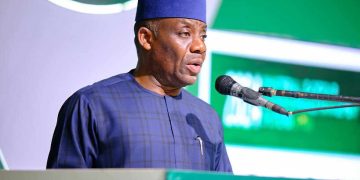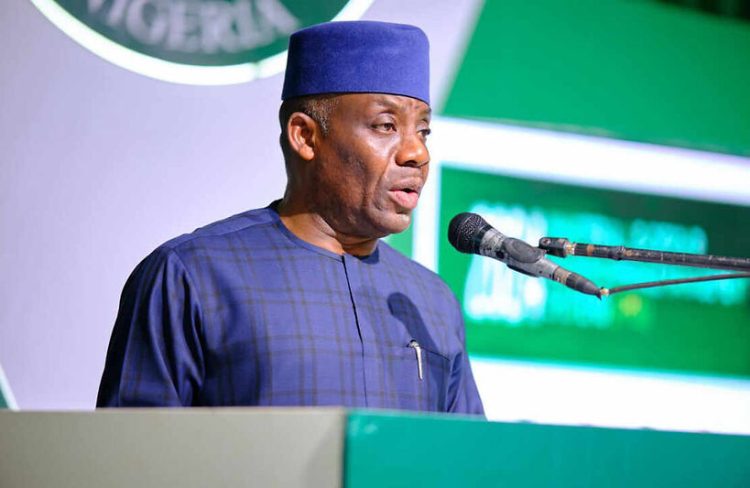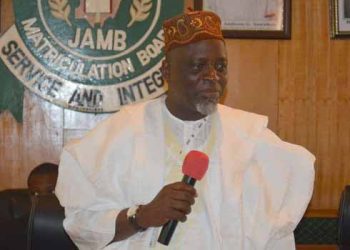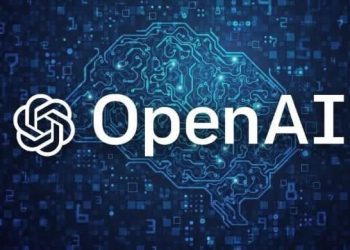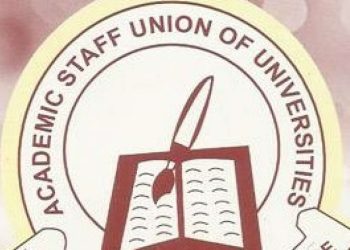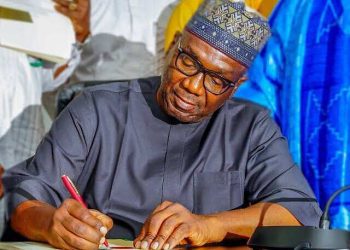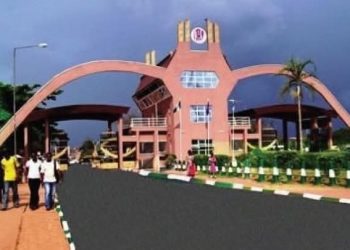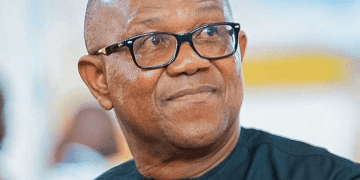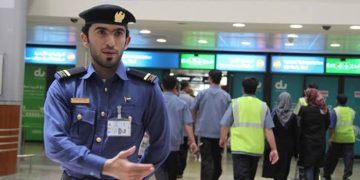The Federal Government has unveiled a new curriculum for basic, senior secondary, and technical education, designed to reduce overload and improve quality learning outcomes across Nigerian schools.
The revised framework, developed in collaboration with the Nigerian Educational Research and Development Council (NERDC), Universal Basic Education Commission (UBEC), National Senior Secondary Education Commission (NSSEC), National Board for Technical Education (NBTE), and other stakeholders, is scheduled for adoption in the 2025/26 academic session.
According to the Ministry of Education, the curriculum emphasizes a balance between subject offerings and deeper, more practical learning. Pupils in Primary 1 to 3 will now take between 9 and 10 subjects, while Primary 4 to 6 will study 11 to 13 subjects. Junior Secondary School students will take 12 to 14 subjects, and Senior Secondary School students will retain 8 to 9 subjects, focusing on five core areas: Humanities, Sciences, Business, one trade subject, and compulsory general courses.
The reforms also introduce significant changes:
- Nigerian History is reintroduced as a compulsory subject from Primary 1 to JSS 3.
- A new subject, Citizenship and Heritage Studies, merges History, Civic Education, and Social Studies at the senior secondary level.
- The Nigerian Language subject is streamlined to Hausa, Igbo, and Yoruba.
- Trade subjects for non-technical schools have been cut from over 30 to six practical areas, including Solar PV Installation, Fashion Design, Livestock Farming, Cosmetology, Computer Hardware and GSM Repairs, and Horticulture.
- For technical colleges, the National Business and Technical Examinations Board (NABTEB) will administer 28 revamped trade subjects.
The Ministry noted that the changes aim to make education more relevant to present-day realities, reduce overload, and provide more time for meaningful learning.
Stakeholders React
While stakeholders welcomed the curriculum review, concerns remain over its implementation.
BSGISTNEWS reports that Dr. Ikechi Nwogu, Co-founder of DFA Cinfores Limited, expressed optimism about the curriculum’s potential to prepare students for the future, especially in biotechnology, artificial intelligence, and vocational studies. However, he voiced doubts about the government’s commitment to execution.
“The government talks plenty, but their implementation is shy. Whenever they want to distract the populace, they come up with one hyper idea,” Nwogu said, warning against treating curriculum reform as a one-off achievement. He stressed that periodic reviews, adequate funding, infrastructure, and private sector involvement are vital to success.
Also raising concerns, Patience Gwam, a public school teacher in Bwari Area Council of the FCT, questioned the feasibility of teaching digital learning in rural schools without basic tools.
“In my school, we don’t even have a laptop and no constant electricity, so how do we go about teaching the children?” she asked, adding that many rural teachers lack digital literacy themselves.
NERDC’s Strategy for Rollout
In response, NERDC outlined its phased implementation strategy. The rollout will begin with Primary 1, Primary 4, and JSS 1, before extending to higher classes annually.
NERDC’s responsibilities include distributing the curriculum, teacher orientation and capacity building, sensitization workshops, and monitoring progress. It will also review instructional resources and ensure availability by uploading the curriculum online and producing hard copies for remote areas.
The council advised schools to carefully select trade subjects based on resources, teacher availability, and local economic needs, with each school offering at least one and at most three options.
To drive sensitization, NERDC will work with state ministries of education, State Universal Basic Education Boards, private school associations, development partners, and civil society organizations.
The council emphasized that the phased approach is designed to ensure smooth adoption, resource mobilization, and continuous curriculum improvement in line with global knowledge and emerging issues.
